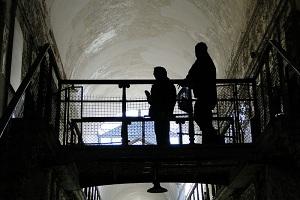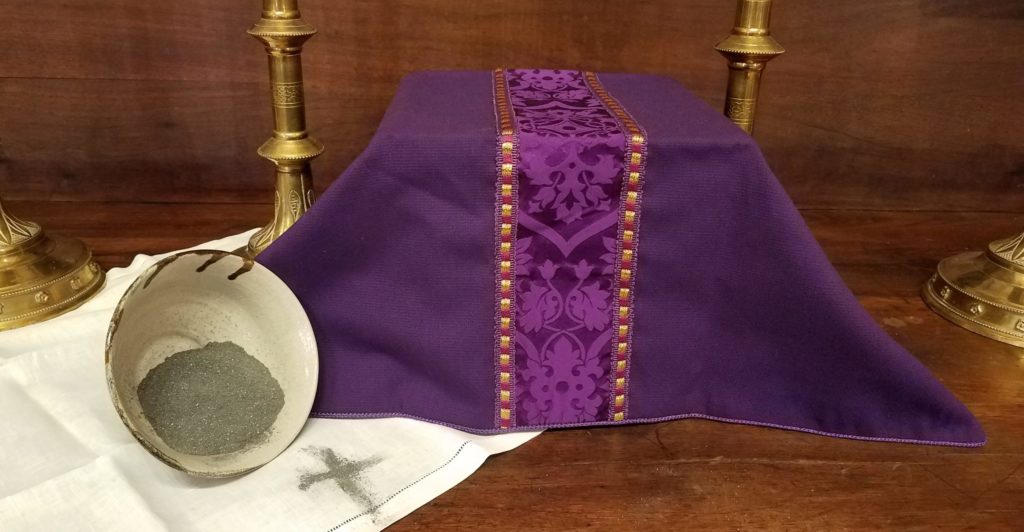Matthew 18:21–35
By: Lindy Bunch

This past spring, I had the opportunity to travel with my fellow seminarians studying restorative justice to Riverbend High Security Penitentiary in Tennessee. Several educators and clergy from the Nashville area have been working at this prison for nearly 15 years alongside “insiders” (as the inmates are called) in order to build a group within the prison. This group, consisting of approximately 15 insiders, has been meeting regularly for years, and is self-directed and self-determining. In these meetings, they discuss books, theology, education, and their lives. They are a community. And this community invited us into their world, to exchange and learn from one another.
As I stood outside the prison, I girded myself for the unknown that awaited me. In some ways, this was my greatest fear. As a woman, I have typically felt uncomfortable around large groups of men, not to mention those I know have been convicted of violent crimes.
Any fear I had was soon alleviated. As we entered the room within the prison walls, I was greeted with big smiles and handshakes. We walked around introducing ourselves and reveling in the welcome of the place. Each person I met greeted me with such openness and care, without all the pretensions and masks we often wear in public. In this room, I felt as if I had entered one of the most “real” spaces of my life.
Any curiosities about their crimes, or why they were at Riverbend, evaporated as we sat in the room. I realized then that the Bible calls us to prison ministry, but not because we need to tell folks in prison anything. The Bible calls us to this for our own souls, so that we may love deeply and build community with all of God’s creation. I was moved and changed through my experience, especially after leaving the prison and discovering more about the crimes committed.
After meeting and learning alongside a former Catholic priest convicted of molesting young boys, I am compelled to re-imagine God’s love. I am both convicted by, and deeply disturbed by, the humanity of this person and the other folks we met during the above meeting, as well as on death row.
When we look into another person’s eyes, when we shake their hand, we are compelled to recognize our vast similarities rather than differences. I am suddenly aware that you are not only “murderer,” but a human just like me. I am made uncomfortable by all we hold in common rather than what separates us.
Despite my own deep discomfort with the vastness of God’s love, I am moved by it, and can find no loopholes in it. Thankfully, God’s love is greater than my own very conditional human feelings.
As Jesus tells Peter, we must be continually engaged in a process of forgiveness, not because it makes us better people, but because our own God has so generously erased our debt through the death of God’s beloved Son. We forgive because we have been forgiven. This is no small feat, and the simplicity of the statement should not obfuscate the complexity and difficulty of forgiveness, particularly in situations of abuse or violence. But to forgive is to heal ourselves, to seek the wholeness of being that God desires for us.
In a country that currently has the largest number of incarcerated citizens in the world and is riddled with violence, I pray that we can all better practice the painful art of forgiving our brothers and sisters lest we be thrown into the outer darkness ourselves.
Lord, you call us to forgive one another as you have forgiven us – if this be your will, then please give us the strength and patience for such acts. We can be easily wounded and slow to forgive, so please soften our hearts and minds to be like that of your Son our Savior Jesus Christ, who died on the cross so that our souls might be transformed. Give us gentleness with ourselves as we all struggle to be a people worthy of our loving God. Amen.
